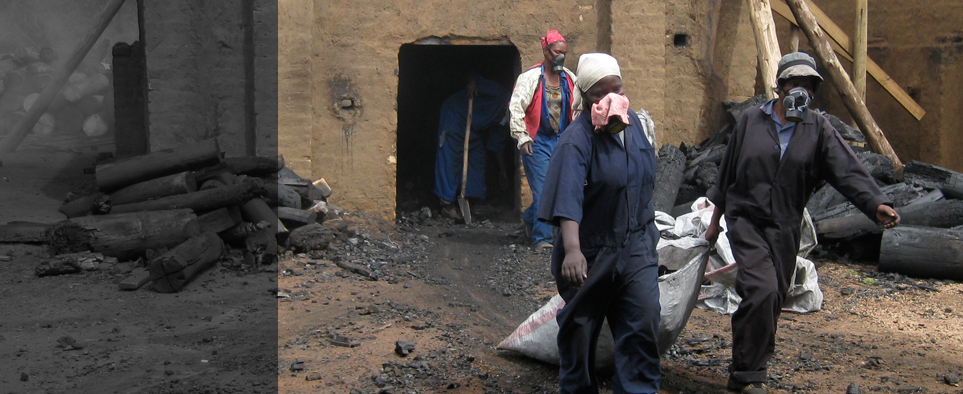The UN Guiding Principles call on all corporate enterprises to “assess” the human rights impacts of their operations and business relationships. The assessment process varies a great deal depending on where the business operates, who its rights holders are, what it does, and how large it is. Our assessments of financial institutions, mining operations, petroleum operations, forestry, agriculture, infrastructure and manufacturing reflect this.
The Process
Policy
All industries and sectors begin their process of respecting human rights with policy statements.
Screening
Financial institutions with broad portfolios and companies with vast value chains often need to start their assessment processes with a screening mechanism.
Risk Assessment
Many operations, particularly agricultural or manufacturing operations within a large supply chain or a rights-respectful lender’s portfolio, may then merit a risk assessment process.
Evaluating Impacts
Most large-footprint, industrial operations require full-scale human rights impact assessments, because they inherently reshape terrains and displace people or livelihoods in legal regimes that are not strongly protective of rights.
Remedying Wrongs
Regardless of their role in causing, contributing to, or being linked to human rights abuses, business enterprises are expected to help remedy the adverse impacts of their operations. Remedying adverse impacts remains a challenge.



